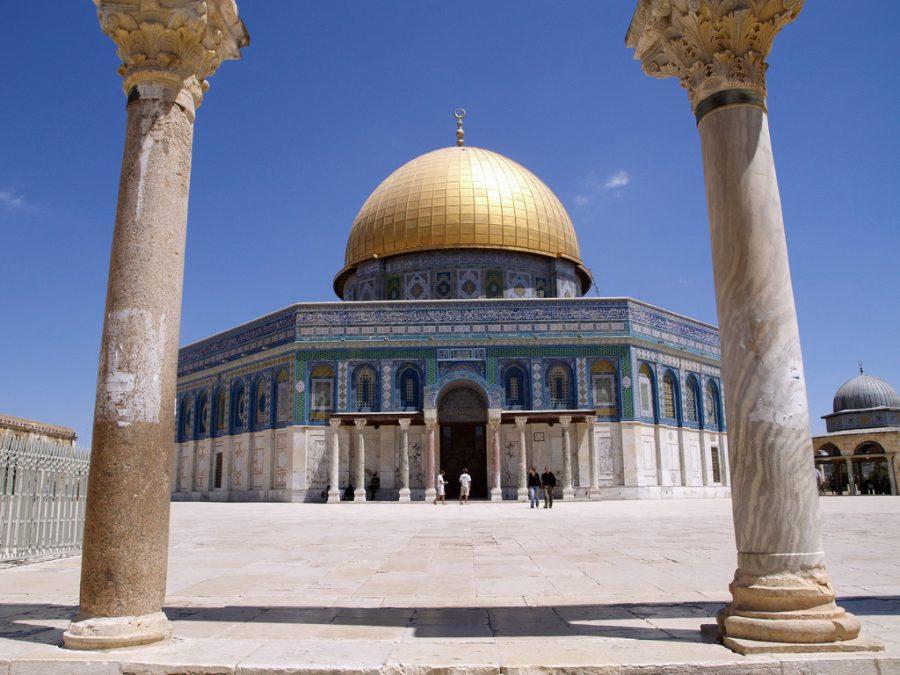On Feb. 8, the Middle East Relief Initiative (MERI) held a showing of the 2012 French film “The Other Son.” The movie tells the story of the Israeli Silberg family and the Palestinian Al-Bezaaz family whose 18-year-old sons Joseph Silberg and Yacine Al-Bezaaz were accidentally switched at birth.
At first, this may not seem like such a big deal. But for Israelis and Palestinians, it is.
The Israeli/Palestinian conflict is a complicated one, as both sides are fighting for land that they claim is theirs. According to Reuteurs, the United Nations General Assembly announced a plan to divide Palestine into an Arab and a Jewish state in November 1947 following the end of World War II and the Holocaust. In May of the following year, the Jewish state was established as Israel.
Five Arab countries fought in retaliation against the establishment of Israel, causing 750,000 Palestinians to flee as a result.
“Many Jews saw the creation of Israel as the embodiment of their long-held aspiration for a land of their own, but for Palestinians the loss of their homes and land in 1948 became known as ‘al Nakba’ – the catastrophe,” the Reuters article said.
The situation worsened in 1967, when fighting between Israel and Jordan, Egypt, and Syria displaced more Palestinians. Many Palestinians now live in a sort of limbo as refugees living on the outskirts of their homeland.
This is the environment of “The Other Son.” There is animosity, discrimination, and xenophobia between these groups of people as the Israelis try to hold onto their claim to their land. The thought of having a son that belongs to the “other group” is one that could alienate a family from their friends and relatives.
The story begins with 18-year-old Joseph Silberg completing a medical physical in order to enlist in the Israeli Defense Forces. Part of this physical requires a blood test.
At first, the Silbergs thought there was a mistake in the test: Joseph was declared to have the A-positive blood type while his parents both had A-negative. Such results are impossible, according to laws of genetics.
After some research by a doctor and his staff, the truth came out. Joseph was born on the same day and at the same hospital as Palestinian Yacine Al-Bezaaz. The hospital had to be evacuated due to the fighting of the Gulf War, and in the craziness of the evacuation, the boys were switched. Joseph is actually from the Al-Bezaaz family, and Yacine from the Silberg family.
Both Joseph and Yacine face the reality that according to their societies, they must hate a fundamental part of who they are.
As the two families struggle to accept the real identity of their sons, the movie humanizes the conflict between these two peoples. It tells the story of lives that are damaged by the conflict, and inspires the desire to work towards change.
MERI showed this movie as a way of educating Loyola about the conflict.
“It is a conflict that not many people understand or know about,” MERI club president Stephanie Hakeem ’18 said. “[The movie] brought light to both sides.”
The movie is particularly relevant to MERI, as throughout the semester the club will be fundraising for Combatants for Peace, an organization founded by two fighters from both sides of the issue who have chosen to put down their weapons and look for a peaceful end to the conflict together.
“The Other Son,” just like Combatants for Peace, works to show both sides of the conflict in the hopes of motivating community members to feel empathy for each other and cultivating a desire for a peaceful end to the conflict.
Photo courtesy of jaime.silva via Flickr

















































































































